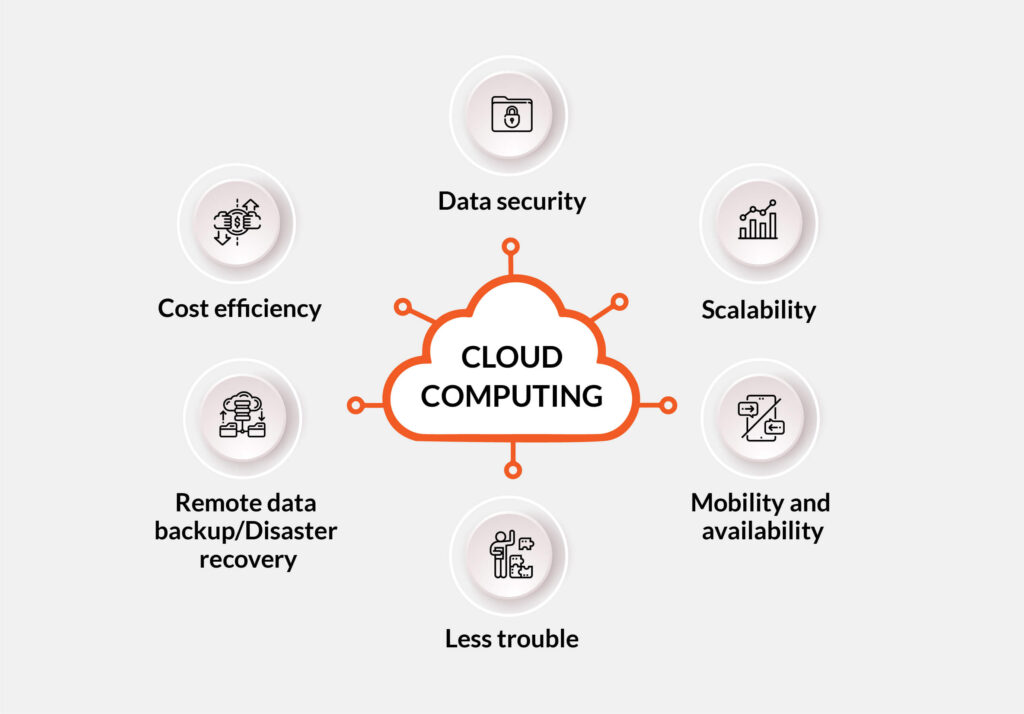The European Union’s Digital Operational Resilience Act (DORA) regulation officially came into full effect on January 17, 2025, after being adopted two years prior. This regulation is designed to enhance the resilience of the financial sector against a variety of digital risks, including cyber threats and technology failures. It establishes a comprehensive framework that mandates financial institutions to implement robust operational resilience measures and be prepared to respond to disruptions in Information and Communications Technology (ICT).
Key components of the Act include Risk Management, Incident Reporting, Testing and Audit, and Third-Party Risk Management. The implementation of DORA will have a significant impact on businesses, requiring them to identify critical business processes and map them to technology assets and third-party support. This will help in identifying dependencies and risks, enabling real-time monitoring and regular testing to be in place.
In addition to DORA, the upcoming EU Cyber Resilience Act, which will be fully applicable by 2027, focuses on integrating robust security and vulnerability management mechanisms into vendors’ processes for products with digital elements. This complements DORA by ensuring vendors are accountable for securing products consumed by enterprise organizations.
The enforcement of DORA will mandate higher transparency in incident reporting, harmonize testing standards, and enforce stringent third-party risk management protocols. Financial services organizations will need to understand and manage their hidden dependencies, including those from third-party suppliers. This will require them to inventory their third-party dependencies, map them, and establish processes to track connectivity continuously.
Organizations will need to renegotiate third-party service level agreements to ensure compliance with DORA. Failure to comply with these regulations can lead to severe consequences, including fines and penalties. Therefore, it is crucial for businesses to invest in comprehensive cyber risk assessments, incident reporting, resilience testing, and governance to ensure compliance with DORA.
Overall, while the initial costs of implementing DORA may be substantial, the long-term benefits of enhanced operational resilience and improved risk management will outweigh the investment. Compliance is essential, but organizations must also focus on empowering their teams to respond effectively to operational disruptions and cyber incidents. By prioritizing continuous testing and embracing a culture of resiliency, businesses can better protect themselves and their customers from potential breaches.



